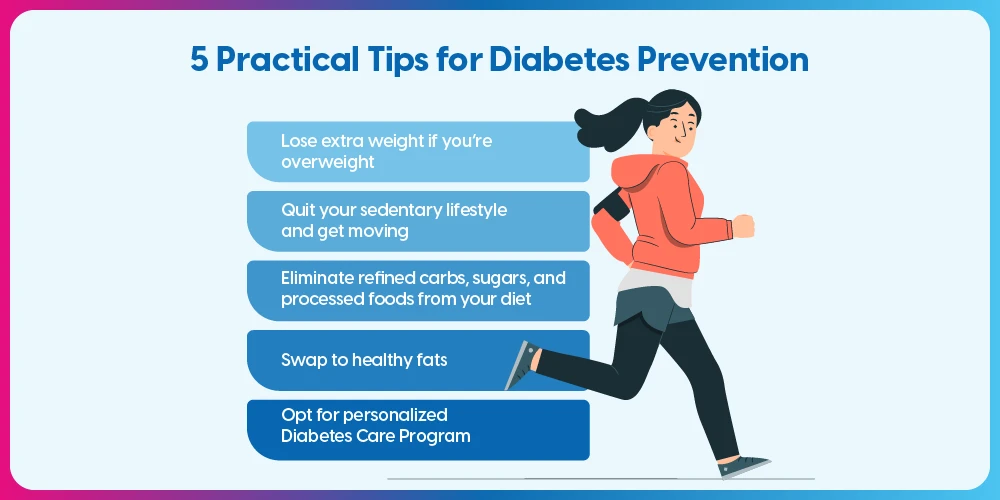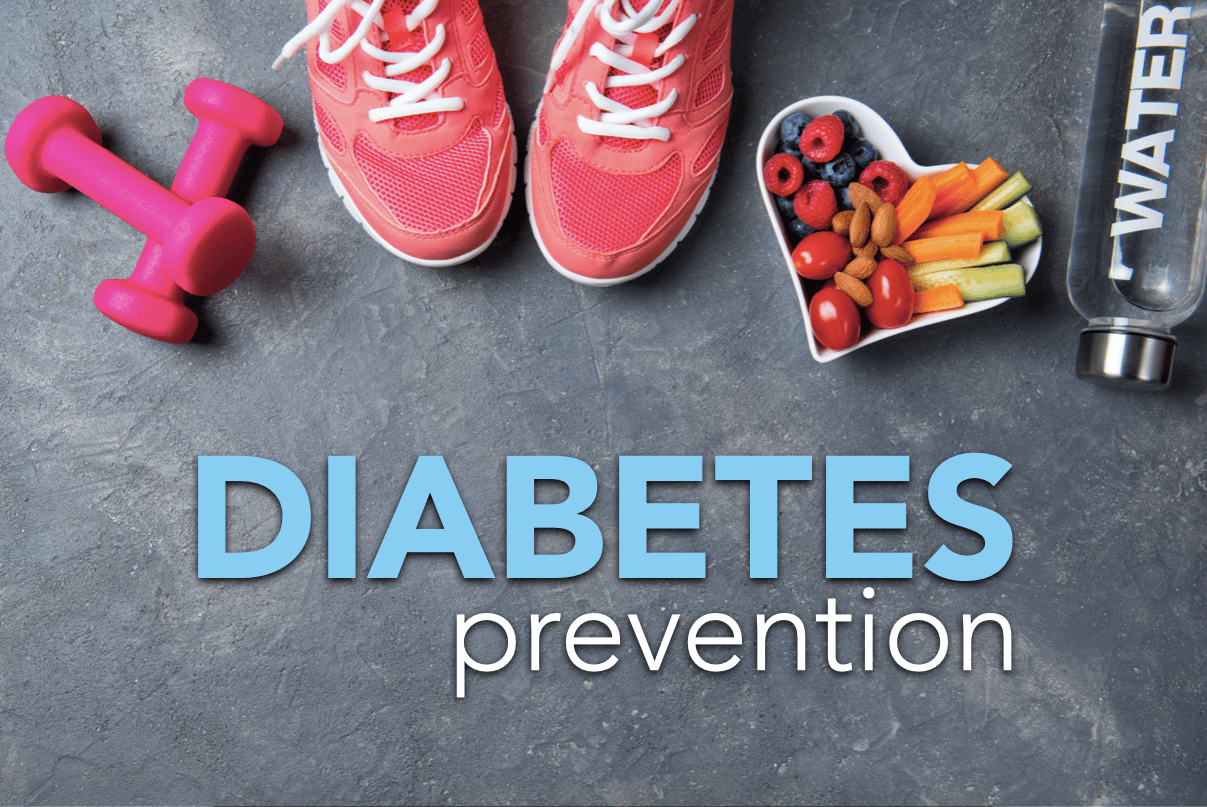Diabetes is a chronic health condition that affects how your body turns food into energy. Your body breaks down most of the food you eat into sugar (glucose) and releases it into your bloodstream. When your blood sugar goes up, it signals your pancreas to release insulin. Insulin acts like a key to let the blood sugar into your body’s cells for use as energy.
Your chance of getting diabetes depends on a combination of risk factors such as genes and lifestyle. The risk factors include:
- Having prediabetes, which means you have blood sugar levels that are higher than normal but not high enough to be called diabetes.
- Being overweight or having obesity
- Being age 45 or older
- A family history of diabetes
- Being African American, Alaska Native, American Indian, Asian American, Hispanic/Latino, Native Hawaiian, or Pacific Islander
- Having high blood pressure
- Having a low level of HDL (good) cholesterol or high level of triglycerides
- A history of diabetes in pregnancy
- An inactive lifestyle
- A history of heart disease or stroke
- Having depression
- Having polycystic ovary syndrome (PCOS)
- Having acanthosis nigricans, a skin condition in which your skin becomes dark and thick, especially around your neck or armpits
- Smoking
How can I prevent or delay getting type 2 diabetes?
Changing your lifestyle could be a big step toward diabetes prevention and it’s never too late to start. Lifestyle changes can help prevent the onset of type 2 diabetes, the most common form of the disease. Prevention is especially important if you’re currently at an increased risk of type 2 diabetes because of excess weight or obesity, high cholesterol, or a family history of diabetes.
If you’ve been diagnosed with prediabetes- high blood pressure that doesn’t reach the threshold of a diabetes diagnosis- lifestyle changes can prevent or delay the onset of disease. Making few changes in your lifestyle now may help you avoid the serious health complications of diabetes in the future, such as nerve, kidney and heart damage. It’s never too late to start.

The changes are;
- Losing weight an keeping it off; weight control is an important part of diabetes prevention. You may be able to prevent or delay diabetes by losing 10% of your current weight. Once you lose weight, it’s important that you don’t gain it back.
- Following a healthy eating plan; it is important to reduce the number of calories you eat and drink each day, so you can lose weight and keep it off. To do that, your diet should include smaller portions ad less fat and sugar. You should also eat a variety of foods from each food group, including plenty of whole grains, fruits, and vegetables. It’s also a good idea to limit red meat, and avoid processed meats.
- Get regular exercise; exercise has many health benefits, including heling you to lose weight and lower your blood sugar levels. These both lower your risk of type 2 diabetes. Try to get at least 30 minutes of physical activity 5 days a week. If you haven’t been active, talk with your health care professional to figure out which types of exercise are best for you. You can start slowly and work up to your goal.
- Don’t smoke; Smoking can contribute to insulin resistance, which can lead to type 2 diabetes. If you already smoke, try to quit.
- Talk to your health care provider to see whether there is anything else you can do to delay or to prevent type 2 diabetes. If you are at high risk, your provider may suggest that you tale one of a few types of diabetes medicines.


I don’t think the title of your article matches the content lol. Just kidding, mainly because I had some doubts after reading the article.
Thanks for sharing. I read many of your blog posts, cool, your blog is very good.